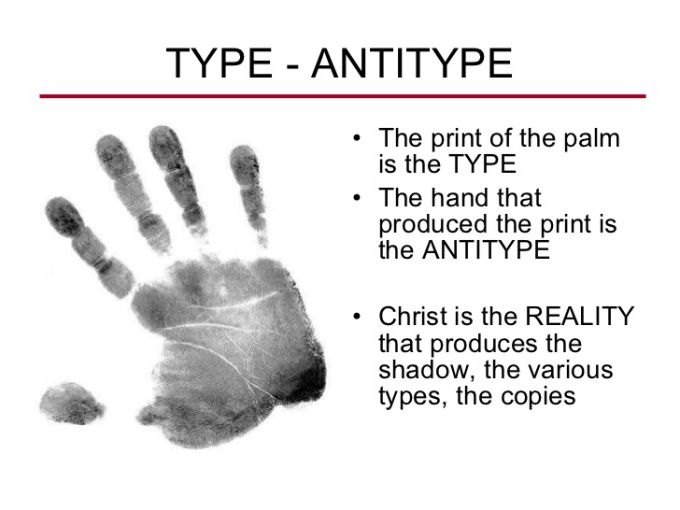
Q. Which OT characters do you consider to be humanly speaking perfect, who exhibit the character or qualities of Christ? I thought of Joseph but he has a cup which he uses for divination.
A. What you are asking is for the “types” of Christ, which could be persons or objects. The word “type” is generally used to denote a resemblance between something present (OT times) and something future (NT times), which is called the “antitype” (Christ).
Several people walked with God and were called “pleasing to God” or “blameless” in the Bible:
• Gen 5:22, 24 Then Enoch walked with God three hundred years after he became the father of Methuselah, and he had other sons and daughters. … Enoch walked with God; and he was not, for God took him. Heb 11:5 By faith Enoch was taken up so that he would not see death; AND HE WAS NOT FOUND BECAUSE GOD TOOK HIM UP; for he obtained the witness that before his being taken up he was pleasing to God.
• Gen 6:8-9 But Noah found favor in the eyes of the LORD. These are the records of the generations of Noah. Noah was a righteous man, blameless in his time; Noah walked with God.
• Job 1:8 The LORD said to Satan, “Have you considered My servant Job? For there is no one like him on the earth, a blameless and upright man, fearing God and turning away from evil.” 2:3 The LORD said to Satan, “Have you considered My servant Job? For there is no one like him on the earth, a blameless and upright man fearing God and turning away from evil. And he still holds fast his integrity, although you incited Me against him to ruin him without cause.”
But if you want longer narratives where you can study their biography for yourself, instead of only a few verses for Enoch, or recording Noah’s flaw in getting drunk and uncovering himself, consider Daniel. Some books on types (e.g. Torrey’s New Topical Textbook has a section on Types of Christ with 45 entries) do not list Daniel among them. However, when you read Daniel in detail, you will discover that the Bible did not record any sin in his life, and his courage, dependence on God, wisdom certainly reminds us of Christ’s qualities.
As to Joseph’s cup:
• Gen 44:5 Is not this the one from which my lord drinks and which he indeed uses for divination? You have done wrong in doing this.
• Gen 44:15 Joseph said to them, “What is this deed that you have done? Do you not know that such a man as I can indeed practice divination?
V 5 is what Joseph taught his steward to say to his brothers when he overtake them. V 15 is what Joseph himself said to his brothers to test them. It could be that he used the cup for divination, or it could be that he said them only to trick them into thinking that he can discern what they were hiding. Joseph had this cup because his wife was Asenath the daughter of Potiphera priest of On (Gen 41:45, 50; 46:20), and he was just saying this as an excuse. In any event, this is circumstantial and not concrete evidence to prove that he practiced divination. I believe his position is stated in:
• Gen 40:8 Then they said to him, “We have had a dream and there is no one to interpret it.” Then Joseph said to them, “Do not interpretations belong to God? Tell it to me, please.”
• Gen 41:16 Joseph then answered Pharaoh, saying, “It is not in me; God will give Pharaoh a favorable answer.”
• Gen 41:25 Now Joseph said to Pharaoh, “Pharaoh’s dreams are one and the same; God has told to Pharaoh what He is about to do.
• Gen 41:28 It is as I have spoken to Pharaoh: God has shown to Pharaoh what He is about to do.
Repeatedly Joseph attributed the interpretations to God, not to his divination. So I would not hold the possession of the cup against him.
Advertisements Share this:





